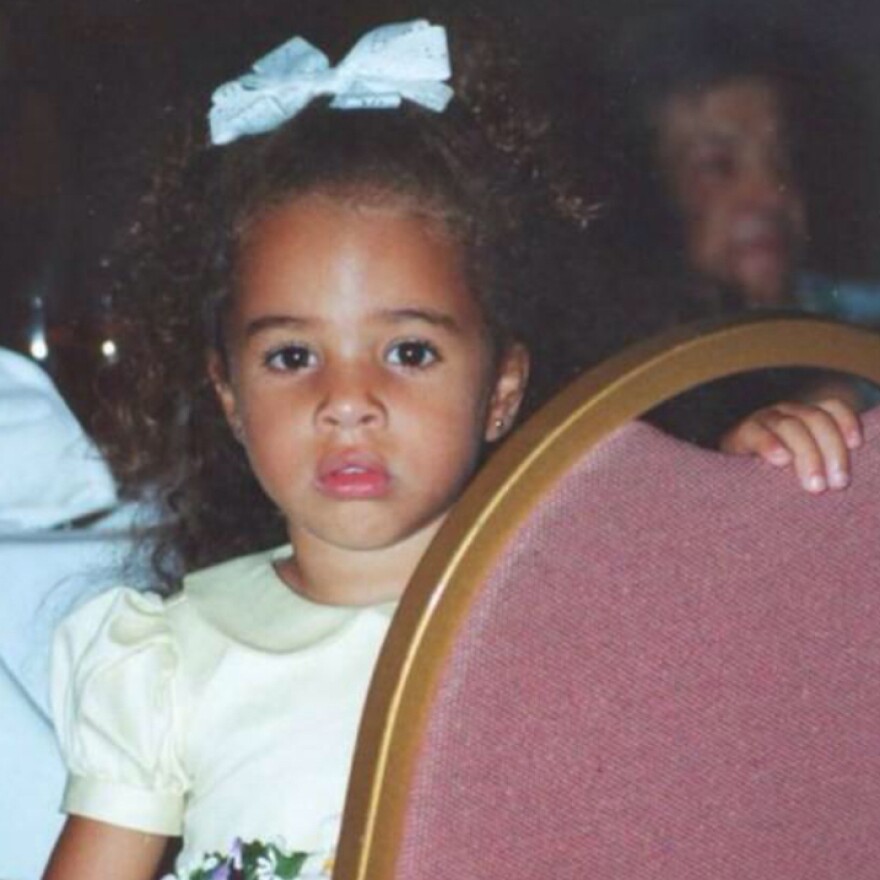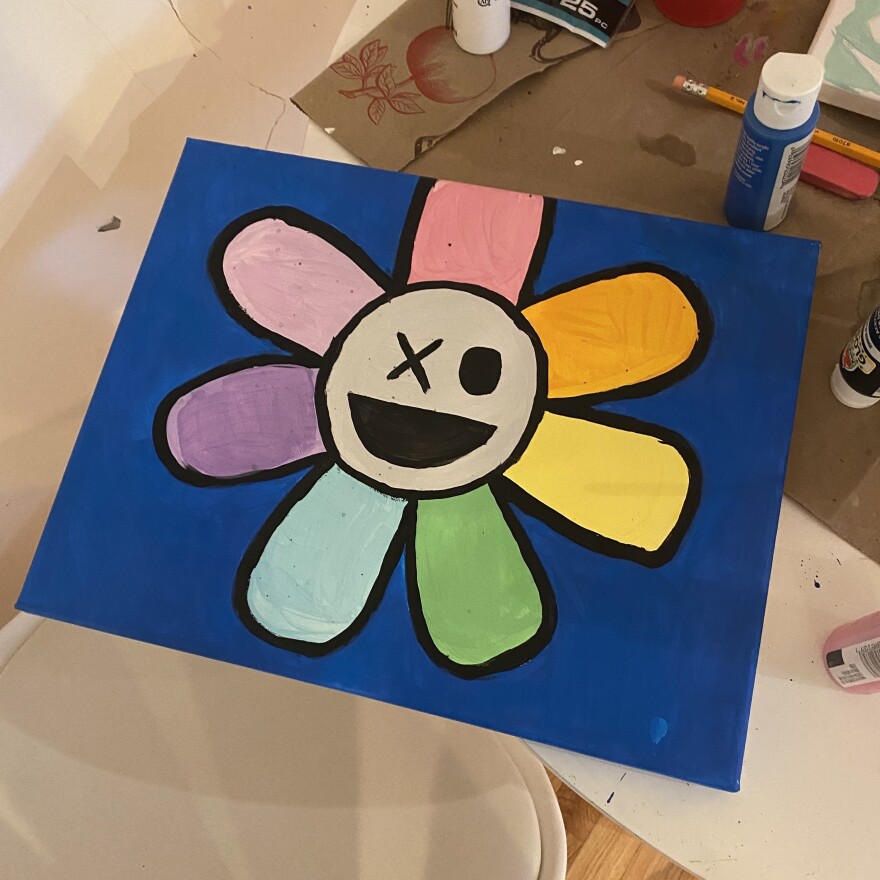They say to find out what you really want, go back to when you were a child.
When I was a kid, I really wanted to be a painter — but I was never great at it. I was discouraged because in art class, my paintings were never the most beautiful.

In the third grade we would be given a project. One time, the project was to create a portrait. I used the skills and tips we were all taught in class: create an oval, draw two intersecting lines in the middle of the oval, put the eyes in the middle of the face, and you're on your way to drawing a face.
After we were done, we presented our portraits. We stood in front of the class and explained our technique. I remember looking at other portraits thinking, "We were given the same skills — why does yours look so professional and mine looks so amateur?"
Nonetheless, I would bring my paintings home and my mom would hang them up because she loved them. She would say, "Oh my gosh, did you do this all by yourself? This is SO good!"

But I still really enjoyed painting because it's a forgiving art. If I don't like what I've put on paper, I can paint over it. I can mix colors and make new ones. I can release some creative juices and use what has inspired me and allow that to pour out of me in a way I may not have imagined.
But because I have always wanted to paint beautiful pictures, I just decided to change what beauty looked like. I changed what beauty meant to me.

Throughout school, they taught us about Picasso, van Gogh and da Vinci, and I never saw myself or my art in their work. They were always painting white people or green pastures with cows, whatever was in front of them and around them. But that's not what I saw around me.
Then I learned about the Black artists during the Harlem Renaissance, and of Kehinde Wiley, and Jean-Michel Basquiat, and felt more seen. They helped inspire me to paint abstract pictures — portraits, sunsets. I take a piece of inspiration and use it as the focal point of my picture. For example, I watched Frida Kahlo and was so inspired by her and her movie, I decided to use her eyebrows as a focal point for one of my paintings. Another time, I painted myself and how I felt about myself at that moment.

I paint when I'm moved, and I am often moved by what's natural — emotions, nature and other forms of art, specifically creative writing. I am also very moved by pain. When there is pain in the world or in my heart, it can be crippling. I had a conversation with an activist in St. Louis named Spook, and I explained to her this feeling and she told me: "Pain is energy. You have to learn how to channel that energy into something productive." So sometimes I channel that pain into art, into a painting.
Even if the picture doesn't turn out aesthetically pleasing by society's standards, it's still beautiful that I was able to create something. My paintings may not be a Basquiat, but they're mine — so I love them anyway.
Sommer Hill is the social media associate for NPR Extra. She is a graduate of Howard University and originally from St. Louis. If she had to describe herself in one word today, it would be curious. Yesterday, it would've been zealous.
Copyright 2022 NPR. To see more, visit https://www.npr.org.



